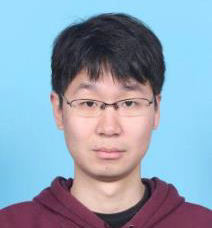Algorithm Design and Software-defined Implementation of an Advanced Positioning Platform for Drones
Drones are playing an increasingly important role in many fields, such as inspections for remote infrastructures, precision agriculture, surveys, and so on. Navigation systems implement location and perception, so that become essential parts of drones. Due to the capability of providing absolute locations under geographic coordinates, GNSS plays an indispensable role in navigation systems.
However, GNSS cannot guarantee a stable positioning performance during the mission due to the complex working environment. Interference from noise and multipath may degrade the quality of GNSS signals under the urban scenario. Therefore, positioning algorithms based on multi-sensor fusion become a possible solution, which can compensate for the inherent limitations of each navigation component. For example, UWB has apparent advantages in terms of time resolution, penetration, and anti-jamming ability. Obstacles such as trees or buildings can weaken and block GNSS signals but provide cameras with sufficient features to realize high accuracy positioning algorithms. Therefore, the integration of multi-sensor is a promising framework for drones.
Given the above reasons, my research topic is first to implement a fully configurable and real-time positioning platform for drones and then explore advanced filtering algorithms and multi-sensor fusion algorithms to provide accurate and reliable positioning solutions.
- Implement a fully configurable and real-time GNSS based positioning platform for drones;
- Develop advanced filtering algorithms for multi-sensor fusion.
Department: PhD in Electrical, Electronics and Communications Engineering
Supervisor: Prof. Fabio Dovis


